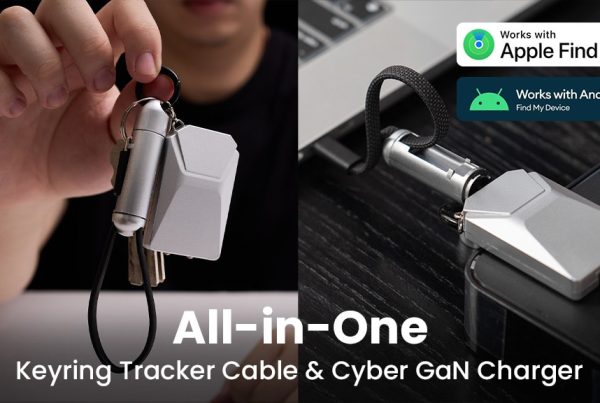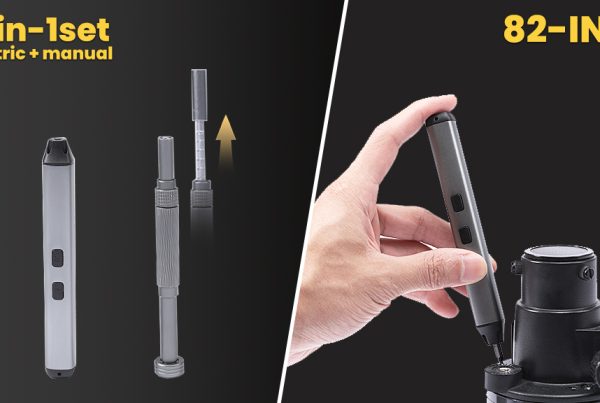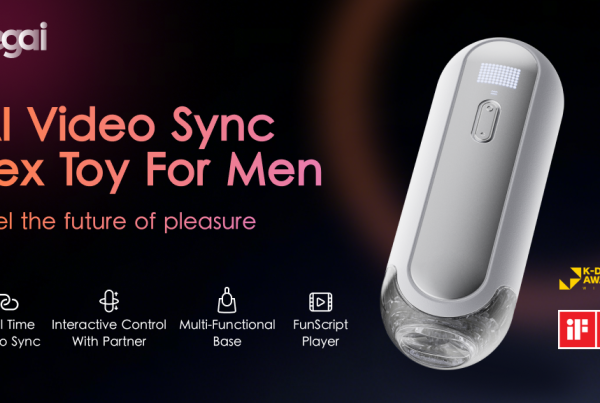Why should we back?
Intro
Welcome to KickstartNew! I’m Jason, and today I’m excited to introduce you to a refined, artisanal Kickstarter project blending Japanese ceramic tradition with modern coffee culture: Rokkoyo Tansu — “Taste the Pure Sensation of Natural Coffee.” If you appreciate craftsmanship, minimalism, and a more contemplative coffee-drinking experience, this campaign may catch your eye. In this post, I’ll walk you through why you might consider backing it, what risks to watch out for, how reliable the team seems, and whether it’s a project worth your support.

Why should I back this project?
-
Traditional craftsmanship meets modern coffee culture
Rokkoyo is grounded in Tokoname ceramic tradition (a Japanese pottery region known for quality ceramics). The project describes itself as “Pure Ceramics | Tokoname Craft | Tansu-inspired.”
This fusion gives the product an aesthetic and cultural depth beyond mass-produced items. -
Focus on pure coffee flavor and aroma
The campaign’s tagline is “Taste the Pure Sensation of Natural Coffee,” signaling that the design and material choices are intended to preserve and enhance coffee’s natural qualities rather than mask them.
For coffee aficionados, using ceramic or high-quality materials for brewing or serving is often preferred over lower-grade materials (plastic, low-grade metals) to avoid flavor contamination. -
Elegant, minimal design with cultural heritage
The “Tansu-inspired” concept suggests the design draws from traditional Japanese cabinetry or storage aesthetics (“tansu” are traditional Japanese chests). That gives the product not just functionality but also visual and cultural appeal.
This could make it a conversation piece, a tasteful item in a coffee setup, or a unique gift for design-oriented people. -
Niche market and potential exclusivity
Because this is a specialized, artisan project, early backers might gain access to limited editions or numbering that won’t be widely available later. Supporting early can give you a piece of something more exclusive. -
Cultural / artisanal value
Backing this project is not just about getting a coffee accessory — it can be viewed as supporting preservation of a traditional craft (Tokoname ceramics) and contemporary reinterpretation of heritage in modern life.

What are the potential drawbacks you should consider when you back it?
-
Scale vs. craftsmanship tradeoff
When a handcrafted or artisan product is scaled up for backer fulfillment, there’s a tension between maintaining hand quality and speeding production. Substitution of materials or compromises in finishing may occur. -
Delay in production or fulfillment
Ceramics require careful processes (molding, firing, glazing, quality controls). Any of these steps might introduce delays, especially when scaling up from prototype to batch production. -
Fragility and shipping risk
Ceramics are inherently more fragile than metal or plastic parts. Breakage, chipping, or damage during transit is a real risk, especially for international shipping. The project must package carefully, but shipping damage remains a concern for backers far from the origin. -
Limited use case / niche appeal
If your coffee habits don’t align with the design (e.g. you prefer pour-over, large mugs, or travel coffee gear), this product may not suit your everyday routine. The specialized nature might make parts or extras less available later. -
Cost and shipping premiums
Because the product is artisan and ceramic, cost per unit might be high — and the shipping / import duties may further raise your total. Some backers underestimate the final landed cost. -
Long-term durability, glaze aging
Over time, glazing or surface treatments may develop wear, stains, or microcracks, especially with frequent heating, cooling, or cleaning. The campaign must show how the ceramic design addresses these long-term durability concerns. -
Lack of independent testing or third-party reviews
Unless the campaign offers clear third-party validation, lab tests, or long-term reviews from independent users, you may have to rely on the team’s assurances.

The reliability of the project
-
Active updates and community engagement
The Kickstarter page shows that the team is posting updates and maintaining a community presence.
Regular posting, transparency about progress or challenges, and responsiveness to backer questions are positive indicators. -
Clear thematic focus and pedigree
The campaign emphasizes Tokoname ceramics and traditional Japanese craft. The clarity of concept suggests the creators have a vision and cultural grounding, not a vague gadget idea. -
Prior reputation or related work (if any)
I did not immediately find documentation of a long track record of prior Kickstarter projects by the same creators, though their emphasis on craft and ceramics suggests they might be artisans or small studios. The lack of a well-known brand or repeated campaigns is a gap — backers must rely more on the transparency and milestones the team delivers. -
Realistic funding targets
The project doesn’t appear to be wildly overambitious (i.e. trying to scale a massive operation right out of the gate). The focus is niche, which is wise for an artisan goods project. This increases the chance they can fulfill to the smaller but dedicated base. -
Potential risk disclosures
A critical factor is whether the team openly acknowledges risks (ceramic fragility, delays, shipping). If they do, that openness itself is a sign of responsibility. I saw in the campaign comments and updates some awareness of challenges. -
Shipping, packaging, and logistical planning
For ceramics especially, how the team plans to protect and package items for shipping internationally is a key reliability metric. The campaign should (or may) share mockups or packaging prototypes — I encourage backers to look for those details in updates and comments.




